Blog
Press Release: November 21, 2016
Joyous Celebration Among the Nsenga of Zambia
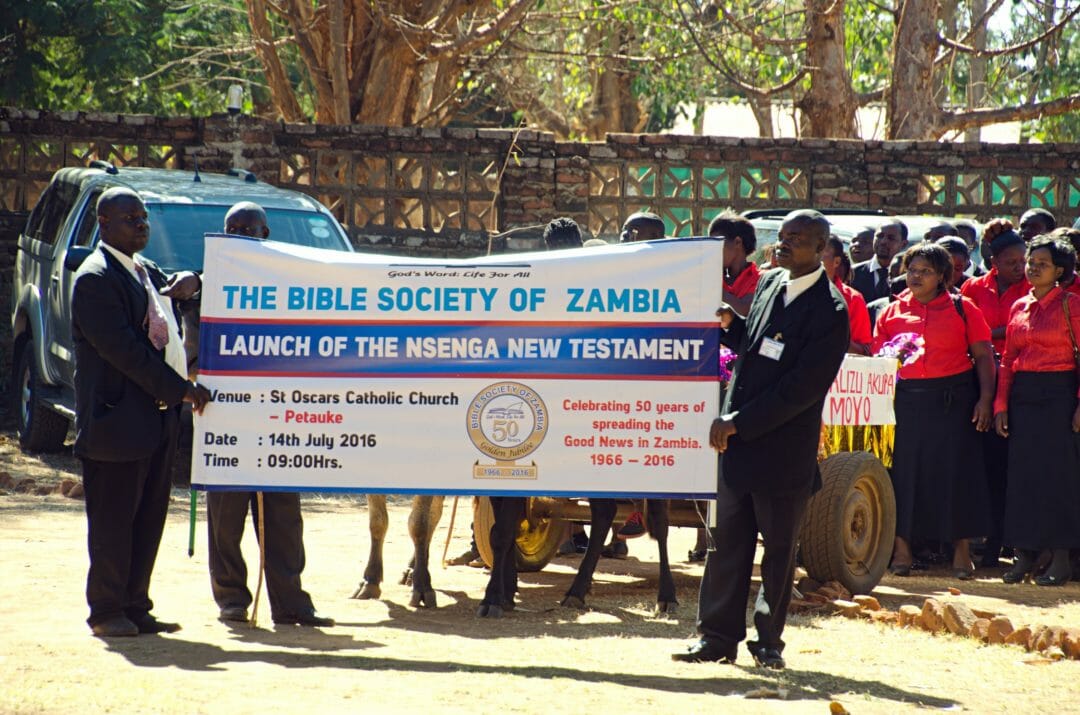
On July 14 2016 the Nsenga people of Zambia received the first ever published version of God’s Word in their own language. Prior to this, Nsenga people could only hear the Gospel through a foreign language. God was, for many, just as foreign as the language the missionaries brought with them.
Hear their words. Listen to their story. Watch their reaction to God’s Word when it finally comes in their own language.
Reflections on life before July 14, 2016
Mr Chawala wonders how big a group must be before the church feels that it is worthwhile to provide them with God’s Word directly in their language.
Mr Chawala challenges us who have had the gospel for a long time. Talking from the perspective of receiving the gospel through a foreign language – the language the missionaries used – he asks “Why can’t we communicate to God in our own language?”
Why do we so often insist that others learn our language in order to communicate with God?
Mr Kapomba echoes the concern of Mr Chawala.
Too often mission efforts deprive people of their own language. The people who bring the Gospel force people to learn about God and interact with God through a language that is utterly foreign to them.
If God really knows me and loves me, how will he speak to me?
Mr Chawala feels, just as Martin Luther did 500 years ago, that God would do it through the language he gave me.
In the past many Nsenga people thought that to speak to God you had to speak English, that he could not understand Nsenga.
Where would they get that idea?
What changed their opinion of God?
July 14, 2016
this joyous day…
Looking beyond July 14, 2016
If you watched the Nsenga New Testament dedication video, you heard one of the many Nsenga choirs singing joyfully in their own language. Did you wonder why?
Pastor Njobvu explains why there were many choirs and Nsenga songs at the dedication event. Music is powerful. Music in my own language and my own style communicates best!
“The [Nsenga] community will change…” Pastor Njobvu contends. Why? Because they now have their own Bible in their own language – able to communicate with “their own” God. (Not a foreigner’s God, but their own God.)
Reflecting back on their experience with Christianity before they had God’s Word in their own language, Mr Chawala points out how much of a barrier English was to them.
There were words they didn’t really understand. They just had to accept the fact that key parts of God’s revelation were hidden from them. That barrier went away on July 14, 2016.
What difference will the Nsenga New Testament have for the Nsenga people?
Well, for Pastor Njobvu, “My preaching will be easy now!”
A Bible translation project does take a lot of resources, but what is the result? If you’ve watched the other interviews of Nsenga people, you will have seen their responses.
Here, Mr Nkhoma expresses his firm opinion – many Nsenga people will come to faith because of this translation.
Mrs Njobvu was asked what she will tell her friends about the newly published Nsenga Bible.
Her response is so powerful to me – in part because I know that she can’t express these thoughts well in English. And that very fact makes me understand more deeply that her language is very important to her.
I love the wonder and joy that is seen in the eyes of someone who sees something amazing for the first time.
Happy, happy, happy!
Wow. We need to look again at our own Bibles. In our wealth, have we lost something precious?
“Thank you!” …to everyone who has been a part of this!
The Challenge
Millions of people who speak almost 2,000 different languages STILL don’t have God’s Word in their own language.
The Solution
- Pray for people who will go. Are you one?
- Go. Now. Call us to see if you have what it takes.
- Can’t go? Invest and send others.
[button link=”/donate/” color=”black” newwindow=”yes”] Invest & Send[/button]

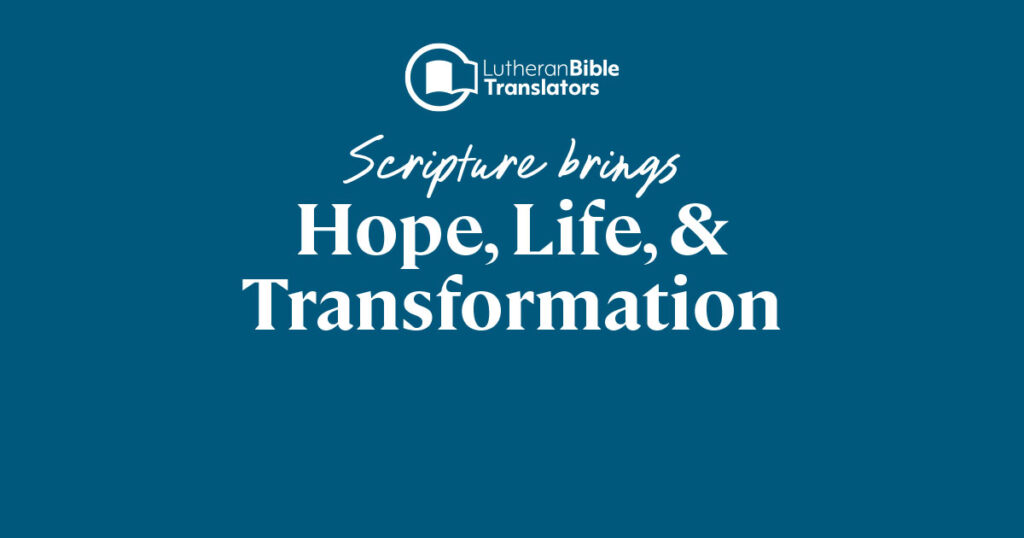

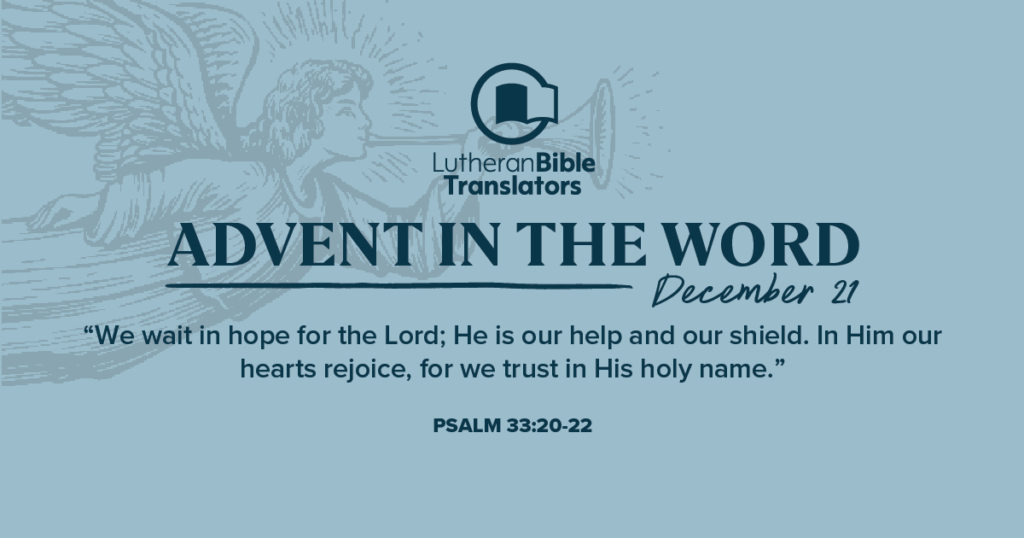
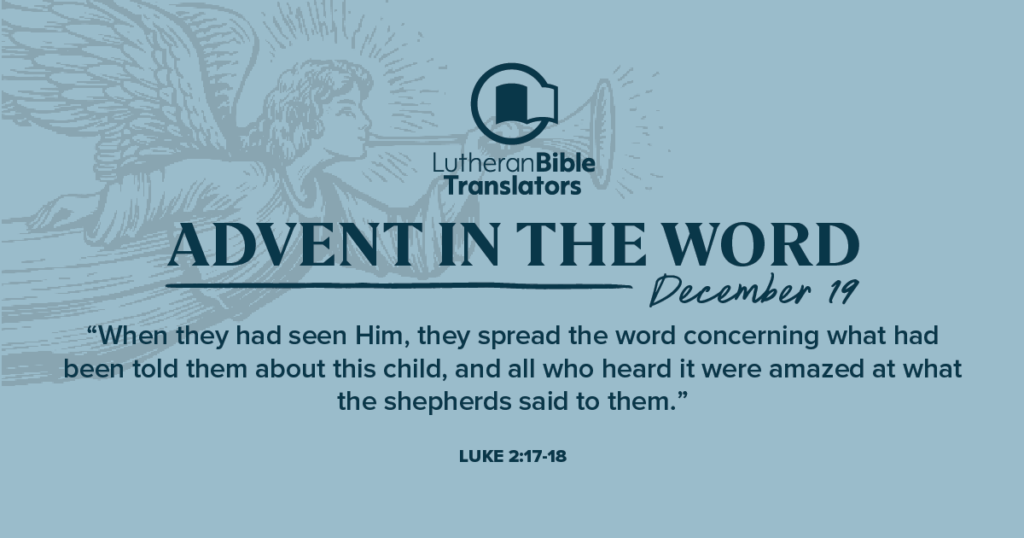
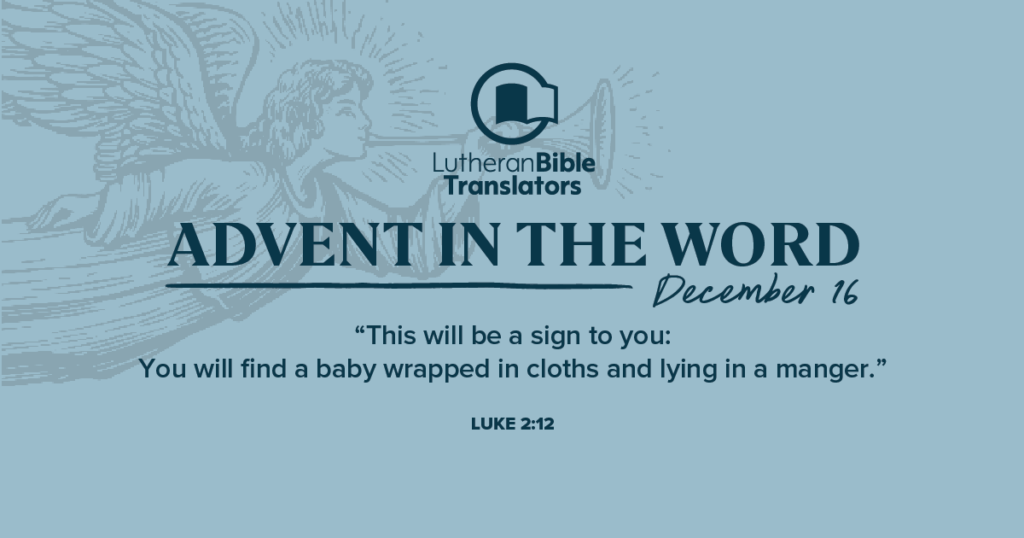
Leave a Reply
You must be logged in to post a comment.